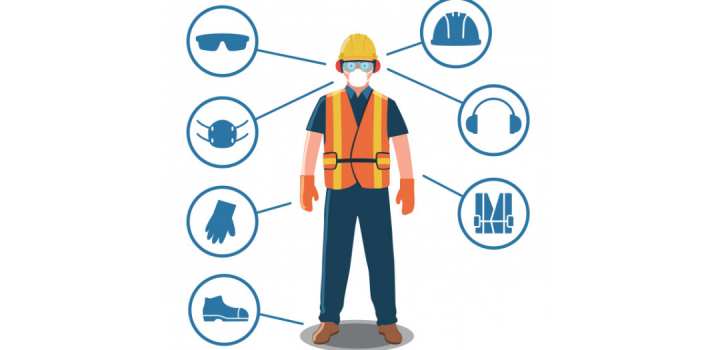
PRDP’s safeguards unit prioritizes safety for infra workers
The Social and Environmental Safeguards (SES) Unit of the Project Support Office (PSO) Luzon A teamed up with the Department of Labor and Employment (DOLE) in spearheading a training on Construction and Occupational Safety and Health (COSH) for engineers and safeguard officers.
The training was attended by representatives and staff from the SES and I-BUILD components of regions 1, 2, 3 and CAR last December 4-6 in Ilocos Sur.
The course covers key OSH concepts, principles and practices that are foundational knowledge requirements in the construction industry.
PSO SES Unit Head Emmanuel Aragones said that with the aim to accomplish target job completions, some workers tend to put safety and health as a least priority during constructions. “This is one of the reasons why conducting a COSH training should be mandatory,” said Aragones.
Aside from the importance of safety and health, comprehensive lectures were presented focusing on personal protective equipment, tools, construction machinery, sites, employee compensation program, occupational health, fall protection, toolbox meeting and accident investigation.
Speakers from the DOLE emphasized that upon the completion of the training, participants are now considered safety officers and have the responsibility to re-echo such lectures to their respective workplaces. “One of the duties of a safety officer is to develop and execute an effective program of safety engineering in an organization, with the appropriate procedures,” said Engr. Larry Cabatic of OSH Network Region 1.
The process flow for safety inspection was likewise tackled which is to 1.) plan and prepare, 2.) recognize, 3.) assess, report and institute controls and 4.) monitor.
As part of the activity, the team went to the Ilocos Region campus of the Philippine Science High School where they observed safety and construction procedures in an ongoing building construction.
The I-BUILD or infrastructure component of the PRDP aims to put in place strategic and climate-resilient rural infrastructures along the priority value chains. Eligible subprojects under this component include farm-to-market roads, bridges, communal irrigation systems, and potable water systems.
The Project may also fund other types of rural infrastructures needed to enhance the productivity and give value-added qualities to products in the agri-fishery industries such as production, post-harvest, and marketing facilities, fish landings, fish sanctuaries, tramlines, greenhouses, solar dryers, watchtowers, nursery watchtowers and slope stabilization works and cold storage facilities and trading posts. (Kayla Arceo, PSO InfoACE)
